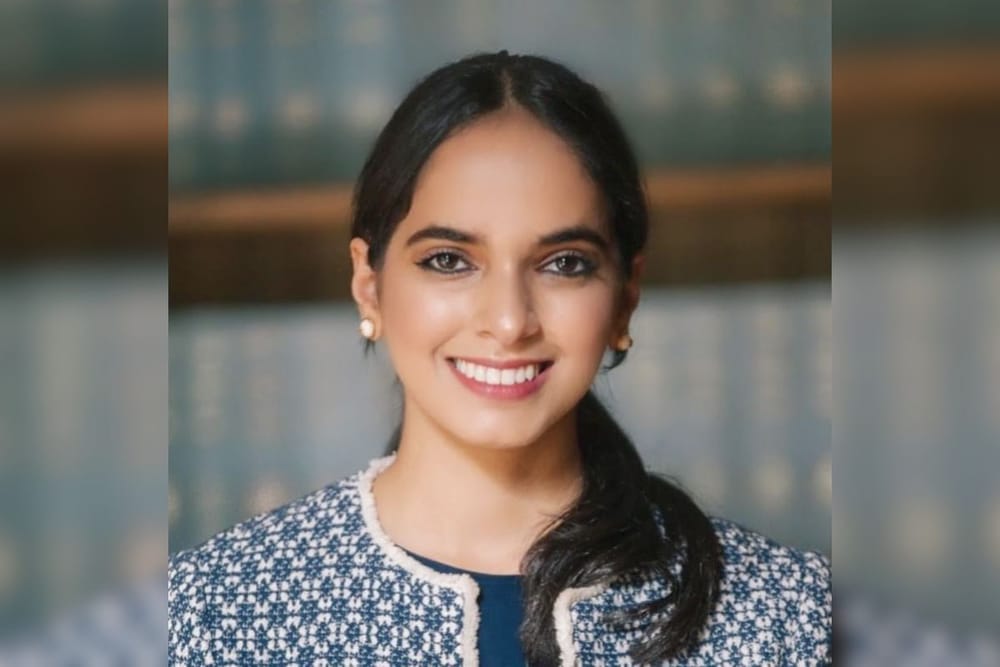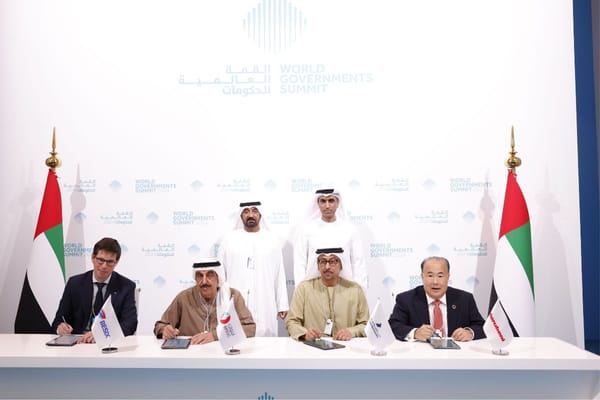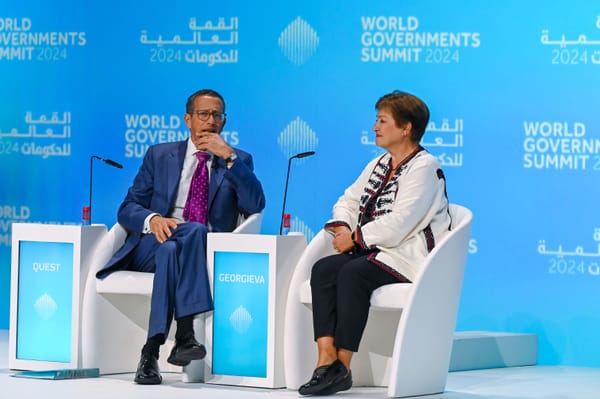Fiker Institute will participate in the World Governments Summit (WGS) 2024 as a knowledge partner, supporting the development of the platform’s forward-thinking agenda through the Institute’s interdisciplinary research programs.
Fiker Institute has signed a strategic partnership in 2022 with WGS, joining other organisations in fostering thought leadership through research and programming surrounding strategic developments and trends that will shape future governments.
The two entities share the goal of navigating the complexity of issues that face the world today through concerted and multifaceted efforts as well as their mutual areas of focus. Through its Diplomacy and Global Governance Program, Fiker Institute examines the changing landscape of diplomacy and the future of multilateral institutions, especially in today’s digitally interconnected world, while WGS this year focuses on government transformation and AI as well as future economies and development.
Fiker Institute and WGS both highlight the pressing need to address climate change; the platform includes sustainability among its 2024 six main themes, and the Institute, through its Climate Change Program, researches sustainable adaptation and resilience models across all regions.
In light of this, Fiker Institute and WGS will publish a joint report on the future of BRICS+, addressing the bloc’s expanded role in advancing South-South cooperation and the interests of developing countries internationally, and exploring what could that mean for both the future of multilateralism and North-South relations.
Noting the platform’s status as a convenor of leaders, thinkers, and policy makers, Mohamed Yousef AlSharhan, Managing Director of the World Governments Summit (WGS) Organisation, said,
“As the world gathers in Dubai to shape future governments, we must ensure they are empowered with the proper tools and data to make informed decisions. The World Governments Summit is a neutral platform that welcomes leaders, thinkers, and policymakers from all walks of life to exchange knowledge and expertise, conceptualising a scalable approach to shaping future governments.”
For her part, Dubai Abulhoul, Founder and CEO of Fiker Institute, said,
“The world should not look at BRICS+ through the narrow lens of just being an ‘alternative’ to existing or Western-led international institutions, but rather as an attempt to foster and encourage different forms of multilateralism, which in turn would strengthen international cooperation as a whole. Through our partnership with the World Governments Summit, we aim to advocate for more inclusive definitions of multilateralism on the global stage.”
The joint report, titled ‘BRICS & The West: What Can We Expect In The Next Decade?’ proposes several policy scenarios that critically assess how BRICS+’ relationship with the West can evolve and take shape in the next decade. In one scenario, BRICS+ would continue to grow as an alternative economic powerhouse, admitting more emerging economies as members. Through this, the bloc will keep on growing economically, further diversifying its trade relations, and potentially accelerating the process of de-dollarisation. A second scenario expects the bloc to expand as a multilateral political counterweight, focusing on increasing its political influence and impact on peace and security matters, in addition to economic integration, growth, and trade diversification. In this scenario, BRICS+ will build its alternative governance institutions, economic and financial institutions, trade agencies, and even an environment-focused organisation.
More than 4,000 participants from the public and private sectors will participate in 110 interactive sessions at WGS 2024, including 200 speakers from 80 international, regional and intergovernmental organisations including the UN, the World Bank, the International Monetary Fund, the World Health Organization, the International Atomic Energy Agency and the Arab League. It will also welcome eight Nobel prize winners, and provide a platform for 23 ministerial meetings in the presence of more than 300 ministers. In partnership with a select group of knowledge partners, the Summit will launch more than 25 strategic reports, focusing on the most important practices and trends in vital sectors.
News Source: Emirates News Agency









